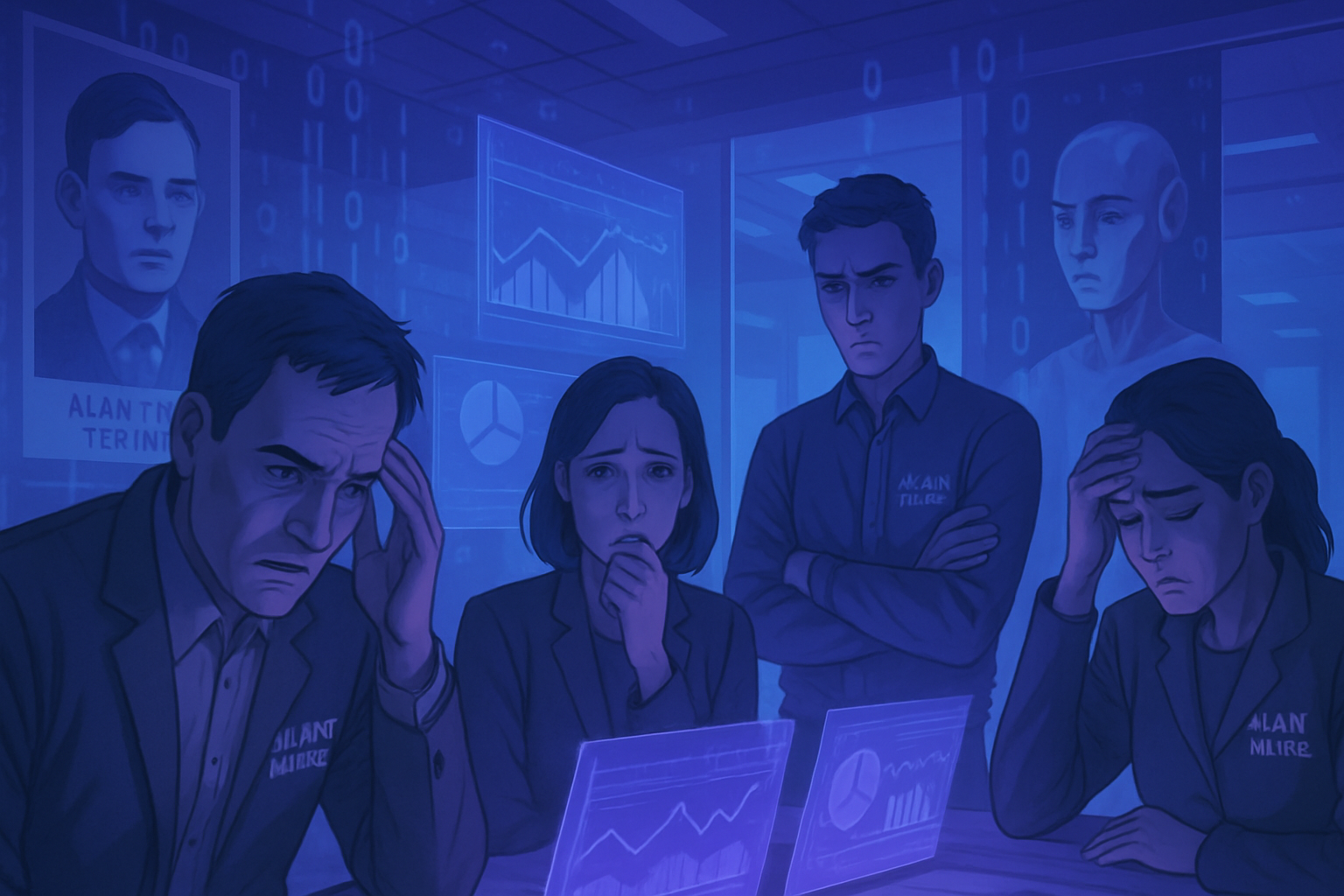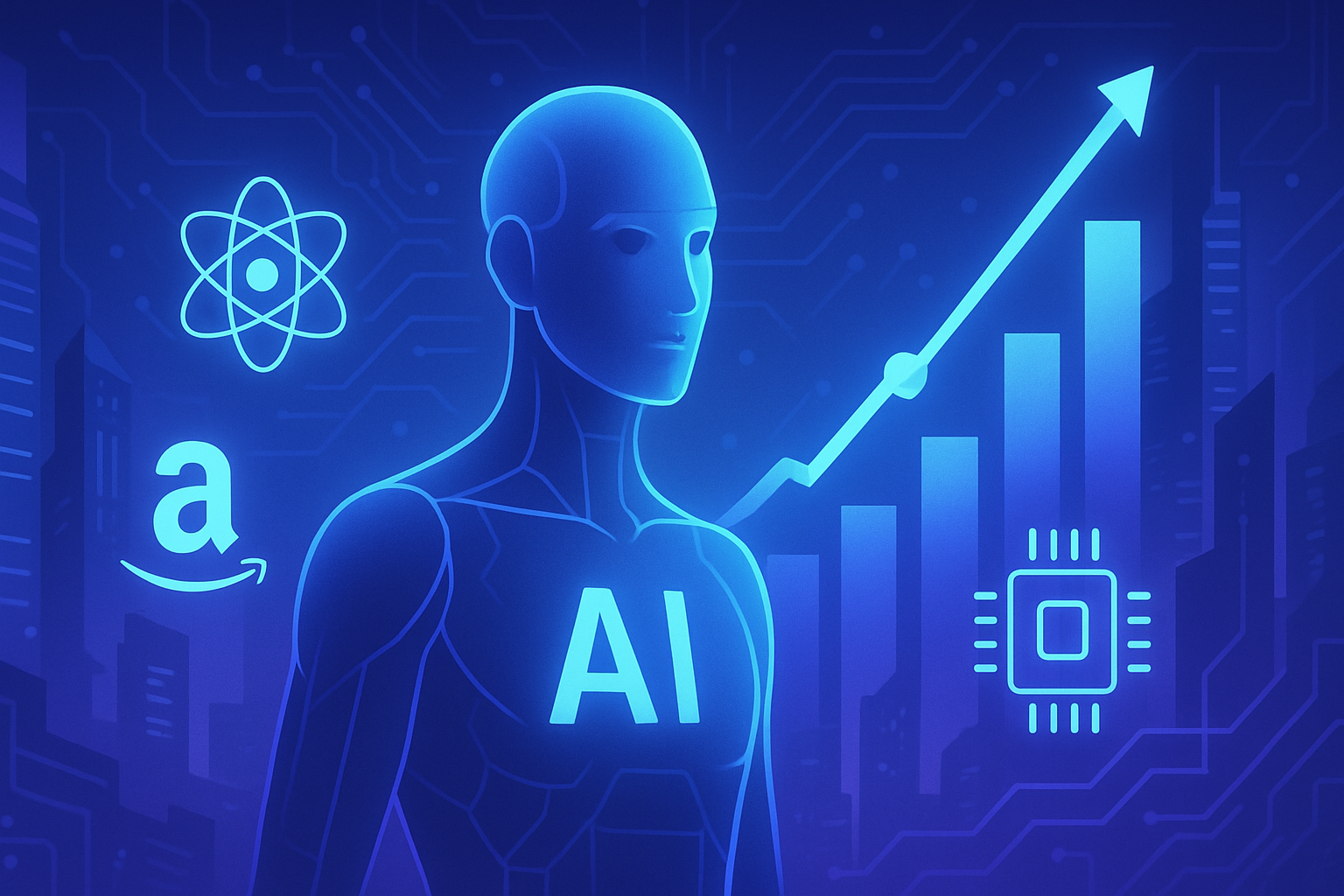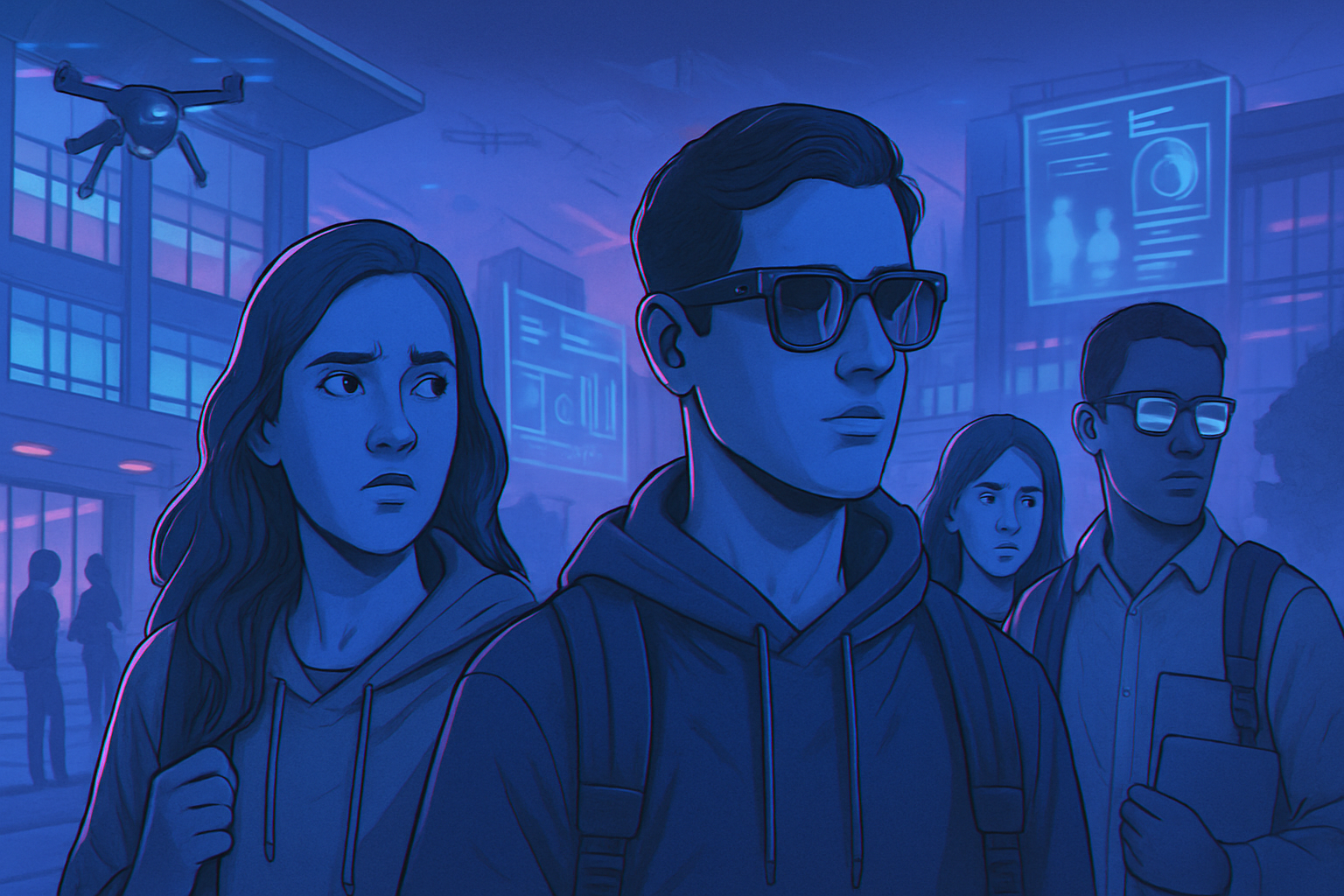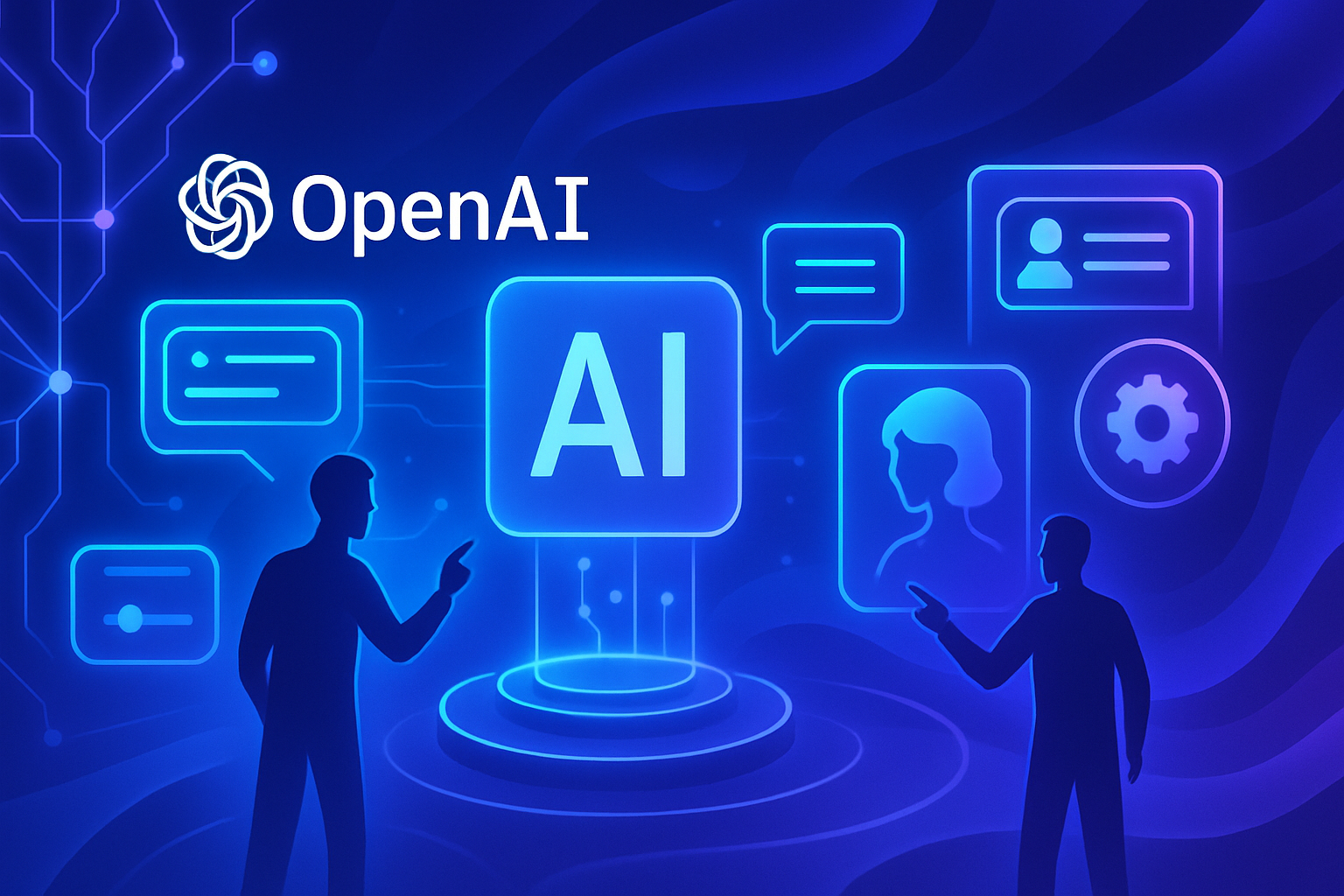The Alan Turing Institute, a symbol of innovation and leadership in artificial intelligence, is undergoing an alarming existential crisis. The shift towards security and defense issues is raising concerns among employees, reflecting a real anxiety about the organization’s future. Several employees are denouncing the possible loss of their *charitable status* and the weakening of their *international credibility*. The disunity within the institute seems to juxtapose its prestigious heritage with an uncertain future, where fundamental research could be compromised.
The Foundations of the Crisis
The creation of the Alan Turing Institute (ATI) by the British government in 2014 was intended to honor the legacy of the famous mathematician and pioneer of artificial intelligence. More than ten years after its establishment, the institute finds itself engulfed in a whirlwind of concerns. Signs of *turbulence* are multiplying, prompting alarming calls from employees regarding the viability of the organization.
The Strategic Shift
Recently, the government imposed a shift favoring defense and security projects. The Secretary of Technology, Peter Kyle, has made it clear that the ATI should focus its efforts in this sector. This directive has caused growing discomfort among staff, who are worried about the reduction of other essential topics such as health and the environment.
Employee Concerns
A group of employees has filed a complaint with the Charity Commission, highlighting concerns regarding the future *financial sustainability* of the institute. They particularly raised the risk of a potential withdrawal of £100 million in government funding, which could lead to the institute’s collapse. The credibility of the ATI is now being put to the test.
A Legacy in Distress
Alan Turing, infamously known for his persecution, has received remarkable posthumous tributes, but his legacy is at risk. The ATI, initially designed as a *national support* for artificial intelligence research, struggles to maintain its role as a national institute. Ongoing projects, which include improving weather forecasts and researching heart diseases, are now threatened.
Management Reactions
In the wake of this crisis, the president of the ATI, Doug Gurr, has promised intensified efforts in defense and security. This promise is accompanied by a *renewed commitment* to meet government missions. However, staff are questioning the management about the integration of non-defense related projects. An atmosphere of distrust has settled in, with employees expressing their *frustration* during internal meetings.
An Uncertain Future
The future of the ATI seems fragile as employees fight to preserve a *balance between priorities*. Their concerns revolve around the viability of diverse projects that go beyond military focus. Some fear that an overly narrow concentration on defense could undermine the institute, *jeopardizing its innovation*. Researchers are advocating for the need for a multidisciplinary vision, respecting Turing’s legacy.
Collectives Serving Innovation
Voices within the staff highlight the richness of expertise in artificial intelligence in the UK, mentioning the need to maintain a *diverse anchorage* in various applications. Collaborative research must lead to tangible results in the face of contemporary societal challenges.
Call to Action
The *government must recognize* that the prosperity of the ATI depends not only on its focus on security but also on its reputation as a bastion of innovation. Structural reforms must be implemented to ensure that the institute retains its central role in artificial intelligence research for the benefit of society.
Frequently Asked Questions About Employee Concerns Regarding the Identity Crisis at the Alan Turing Institute
What are the main concerns of the employees of the Alan Turing Institute regarding its future?
Employees are primarily concerned about the possibility of reduced government funding, changes in strategic direction towards defense and security, as well as the risk of job losses and the loss of important research projects.
How do the strategic direction changes at the Alan Turing Institute affect the perception of its initial mission?
Changes in direction could alter the institute’s original mission, which was focused on innovation in artificial intelligence and data science, redirecting it towards defense and security-related goals, raising concerns among staff about the loss of its identity.
What measures are being taken by the management of the Alan Turing Institute to address employees’ concerns?
Management has formed working groups to discuss new orientations and has communicated its commitment to continue working on health and environmental areas, in addition to national security-related projects, to calm staff concerns.
Have employees of the Alan Turing Institute expressed their concerns to the management?
Yes, a group of employees has sent several letters of concern to management, highlighting issues related to diversity, as well as internal management and culture within the institute, expressing their dissatisfaction with recent changes.
What is the importance of independence and credibility for the Alan Turing Institute in the current context?
Independence and credibility are essential for maintaining its international status as well as its position as a leader in artificial intelligence. Employees fear that the shift toward exclusively defense-oriented projects could compromise this credibility.
How will the creation of new projects influence jobs at the Alan Turing Institute?
The creation of new projects does not guarantee job security, as some projects have already been canceled. There are fears that reduced funding and strategic redirection could lead to layoffs and job cuts within the institute.
What are the potential consequences if the Alan Turing Institute loses its government funding?
If the institute loses its funding, it could face an ongoing crisis, leading to project closures, significant layoffs, and possibly its dissolution. This would jeopardize Alan Turing’s legacy in the field of artificial intelligence.
What solutions could be considered to improve the situation for employees of the Alan Turing Institute?
An improvement could involve a strategic readjustment that allows the reintegration of data science and artificial intelligence projects while maintaining ties to the defense and security sectors, all the while proactively addressing the concerns expressed by staff.
What role does the management of the Alan Turing Institute play in addressing employee concerns?
Management, under the leadership of Jean Innes and Doug Gurr, must navigate between government requirements and employee expectations, ensuring open and transparent dialogue to alleviate concerns and facilitate a smooth transition to the new priorities.






